Welcome To
Ontario Equestrian
For new riders
Equestrian sport is a life-long passion that can be enjoyed by any age of participant. As a member of Ontario Equestrian, you will gain access to exclusive programs and benefits designed for new participants, delivered by certified coaches.
This program offers new riders a FREE introduction to horses at participating Ontario Equestrian Stable partners.
A FUNdamental equestrian skills program led by teachers/coaches, aligned with the needs of beginners aged 5-12.
A national horse care and riding skills program, led by certified, trained coaches, equipping riders of all ages with best practices.
For Experienced Riders
Becoming a member of Ontario Equestrian unlocks a world of exclusive benefits and programs to grow your passion. Connect with experienced professionals delivering national programs designed for every stage of participation.
Unlock the Benefits of Membership
Get exclusive programs and benefits designed for riders of all levels.
Rider Development
Enjoy programs including Ticket to Ride, Rookie Riders, Learn to Ride, GRIT, and continuing education opportunities.
insurance COVERAGE
Automatically receive $5,000,000 of personal liability, and $40,000 AD&D insurance coverage.
Member Benefits
Exclusive discounts and promotions from trusted brands, curated to improve your member experience.
Upcoming Events
Find upcoming educational opportunities, local competitions and events.
Zoom
Quantum Farm
6630 Third Line Rd, Kars, ON K0A 2E0

.webp)
.webp)
.webp)


.webp)




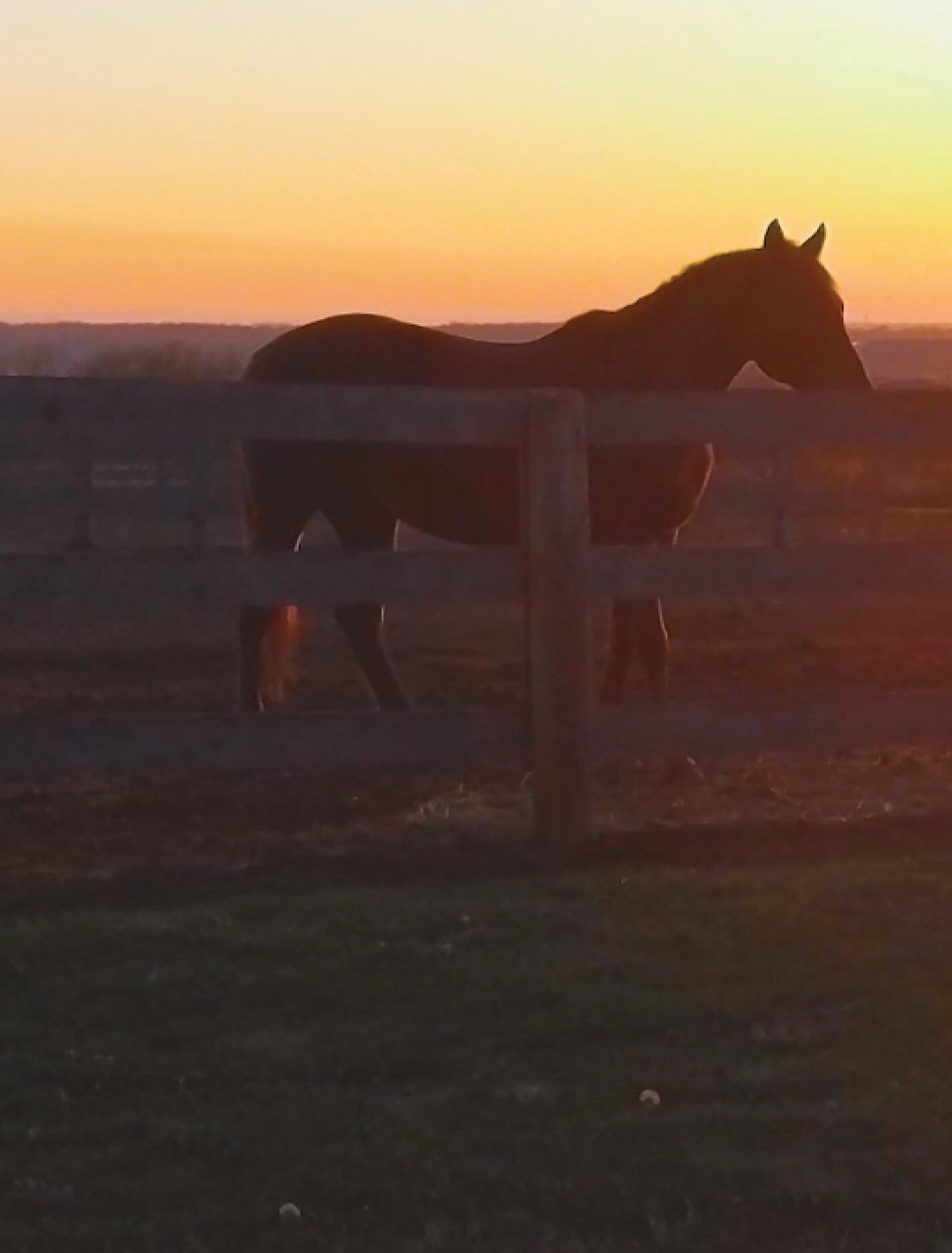
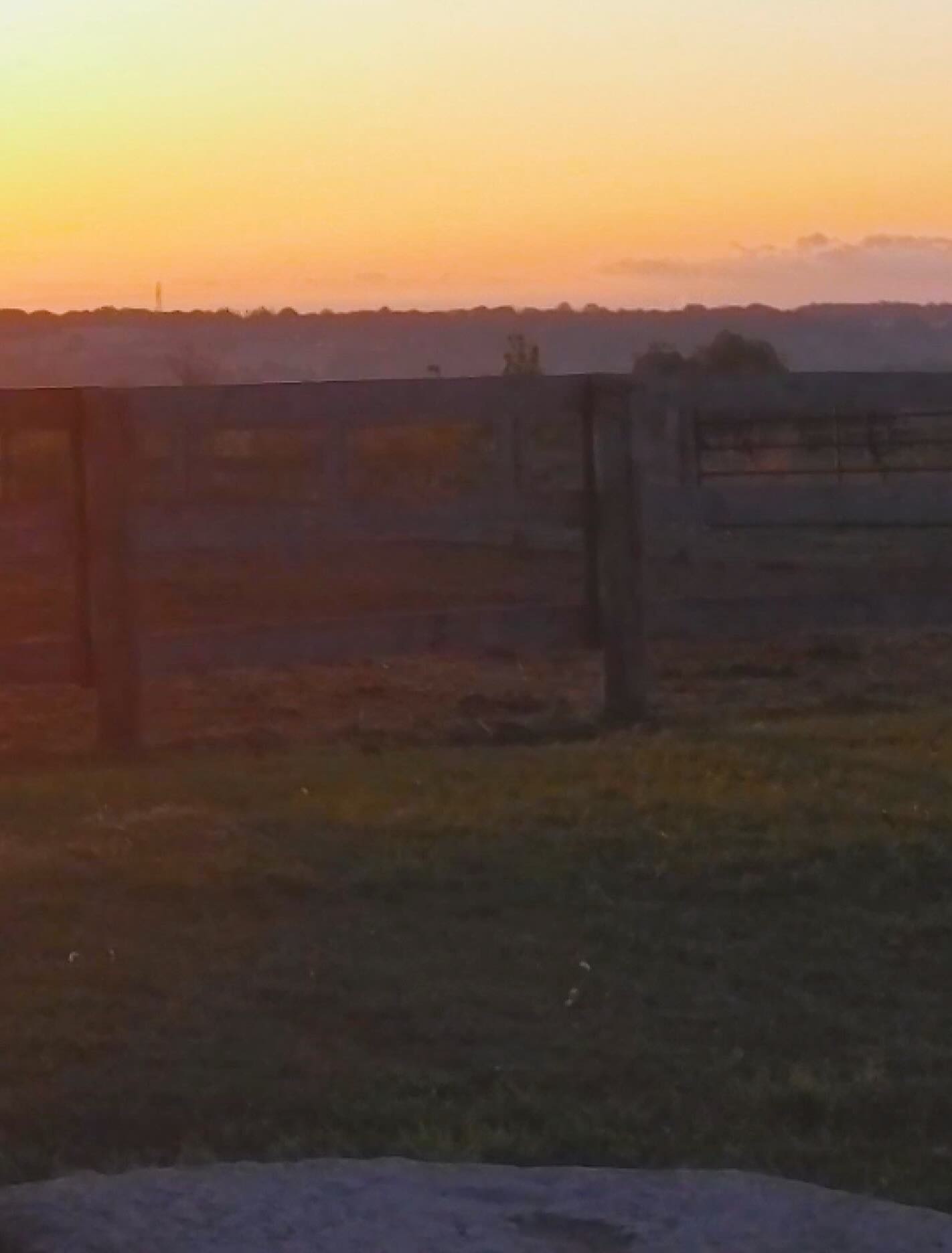
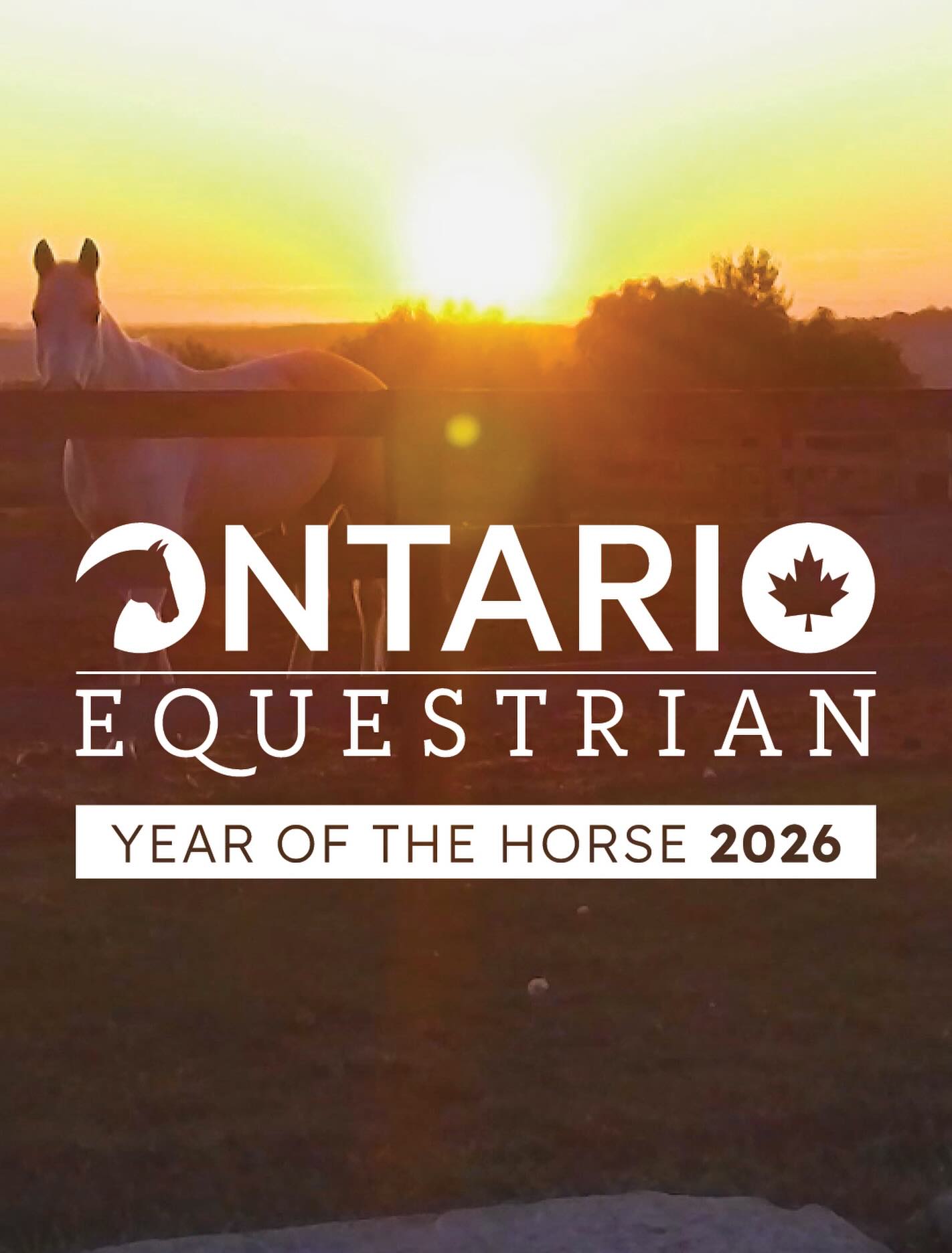
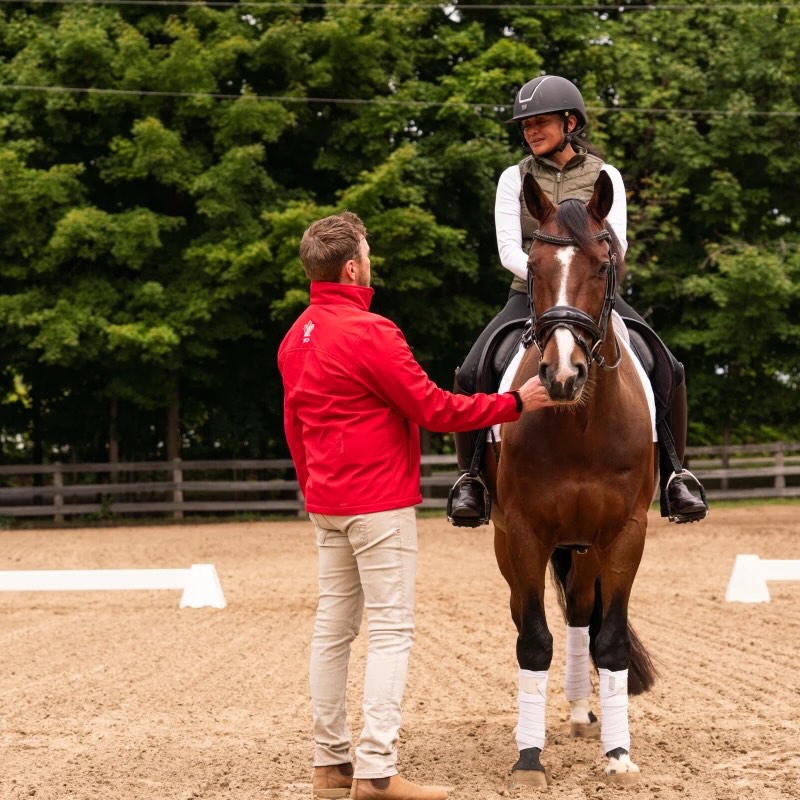

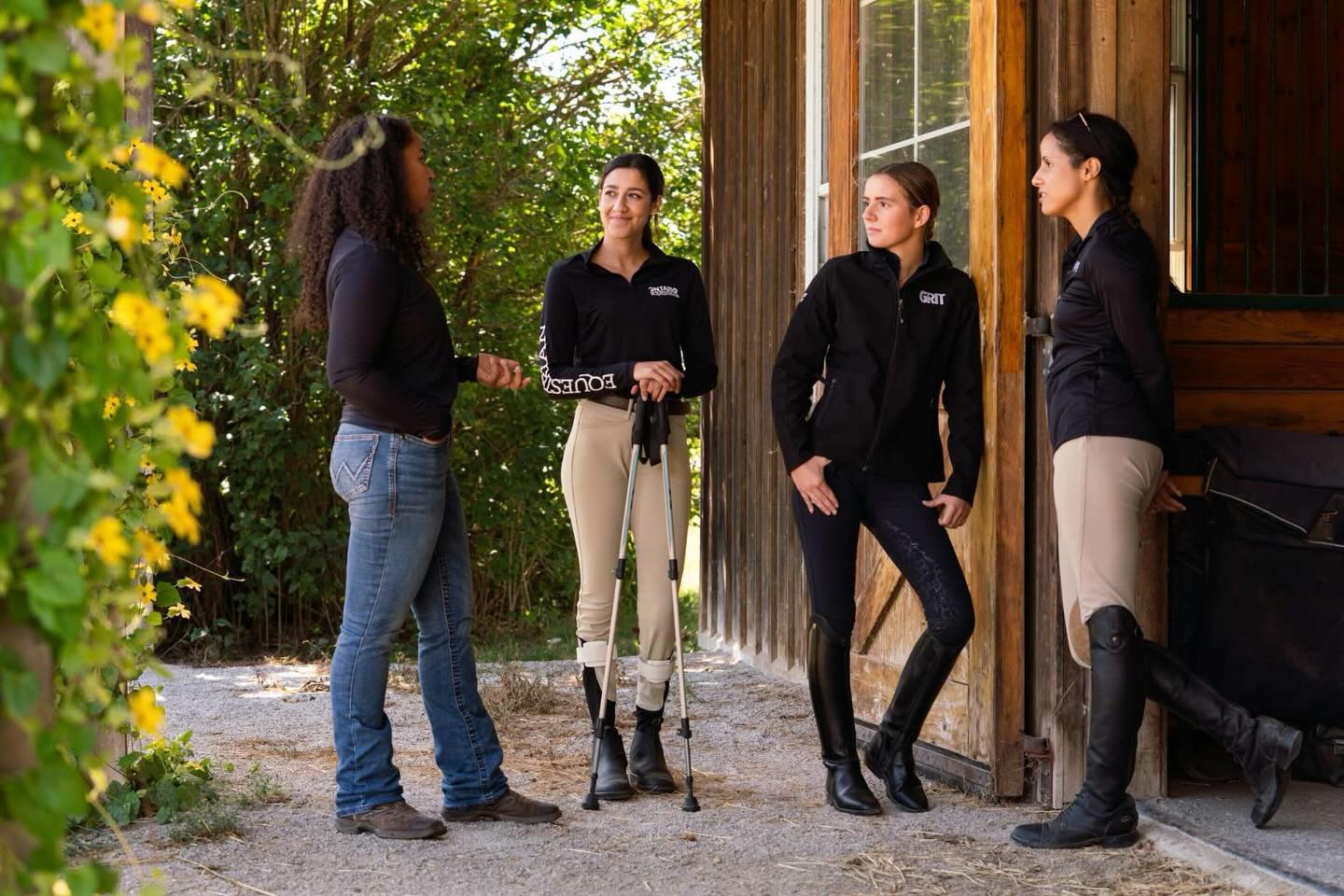
.webp)

.png)
.png)
.png)
.png)
.png)
.png)
.png)
.png)
.png)